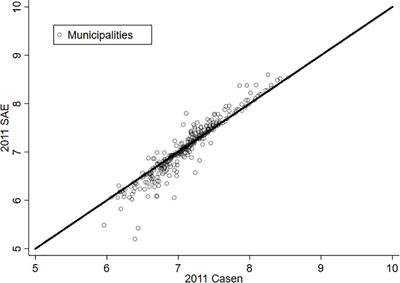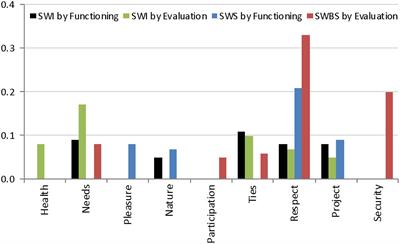EDITORIAL
Published on 30 Aug 2021
Editorial: Social Belongingness and Well-Being: International Perspectives

doi 10.3389/fpsyg.2021.735507
- 8,544 views
- 11 citations
51k
Total downloads
394k
Total views and downloads
You will be redirected to our submission process.
EDITORIAL
Published on 30 Aug 2021

ORIGINAL RESEARCH
Published on 03 Jun 2021

ORIGINAL RESEARCH
Published on 25 Mar 2021

ORIGINAL RESEARCH
Published on 16 Mar 2021

BRIEF RESEARCH REPORT
Published on 09 Mar 2021

ORIGINAL RESEARCH
Published on 26 Feb 2021

ORIGINAL RESEARCH
Published on 05 Feb 2021

ORIGINAL RESEARCH
Published on 05 Feb 2021

ORIGINAL RESEARCH
Published on 27 Jan 2021

ORIGINAL RESEARCH
Published on 18 Jan 2021

ORIGINAL RESEARCH
Published on 18 Jan 2021

ORIGINAL RESEARCH
Published on 18 Jan 2021

